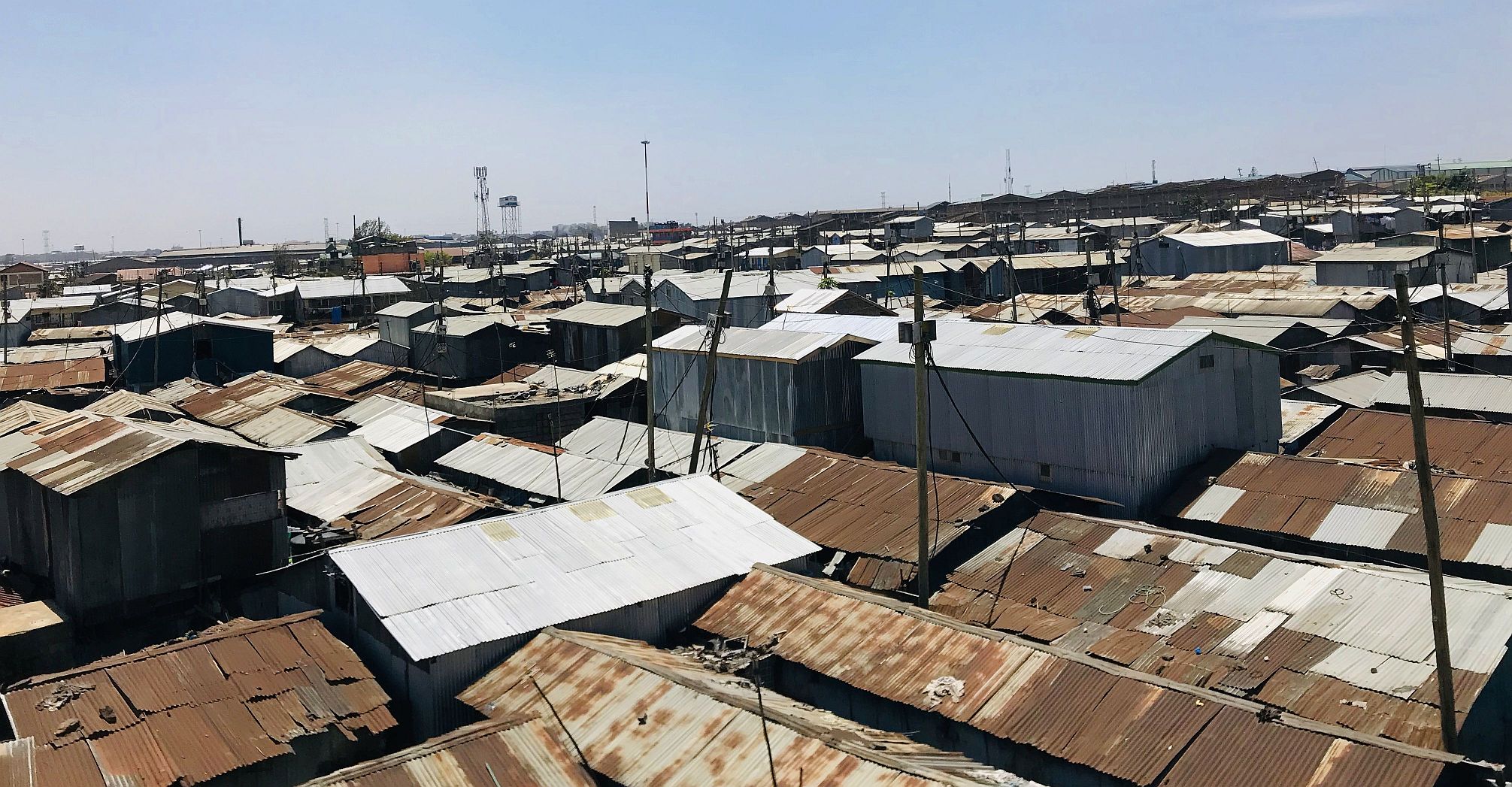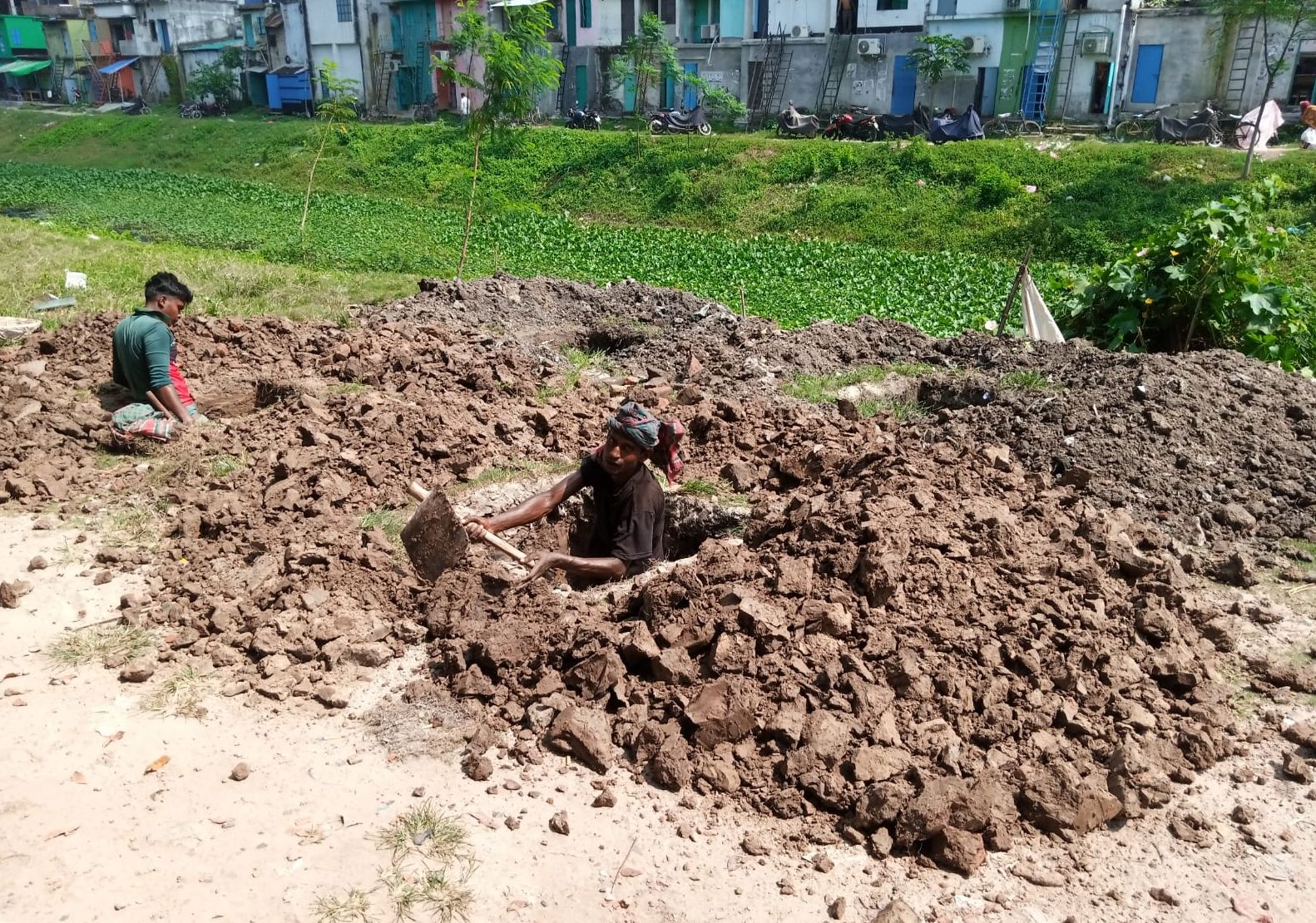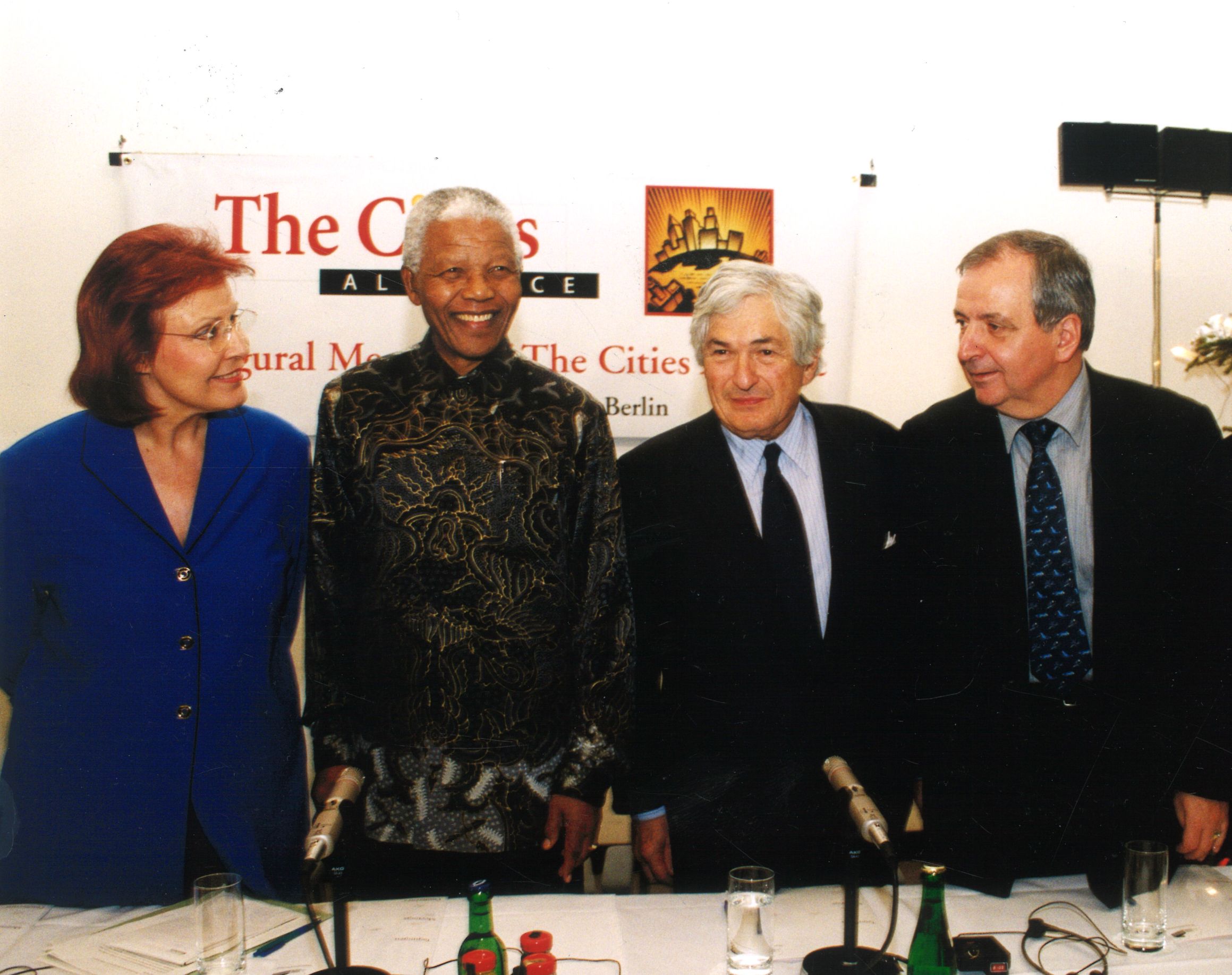Remarks by Michal Mlynar, UN Assistant Secretary-General and Acting Executive Director, UN-Habitat, on the occasion of the Cities Alliance Assembly
Delivered by Raf Tuts, Director, Global Solutions Division, UN-Habitat
Naivasha, Kenya, 10 May 2024.
Honourable President of the Assembly, Maria Fernanda Espinosa,
Chair, Professor Thuli Madonsela,
Director, Dr Greg Munro,
Respected friends and colleagues,
This year - as the Cities Alliance reaches 25, the upcoming 50th Anniversary of the founding of the United Nations Habitat and Human Settlements Foundation approaches, while the UN has reached 75 - this year is indeed a year of reflection and renewed commitment to sustainable development, peace and security, and human rights.
We recognise that we are at a moment of acute global peril as we face multiple crises through the effects of poverty, hunger, inequality, armed conflicts, violence, displacement, terrorism, climate change, disease, and the adverse impacts of technology.
The SDGs – which in 2015 provided optimism in the ability of the world to act together to address the world’s most pressing needs - are in disarray with only around 15 % being on target. At the midpoint stage of the 2030 Agenda, we reported that there is a high possibility of SDG 11 – which we jointly fought so hard for – not being achieved in the next seven years unless Member States and the global community significantly and urgently implement and scale up policies, initiatives and investments that accelerate progress towards the 10 targets that constitute SDG 11.
The UN Secretary-General has called on a renewed vigour and Rescue Plan for the SDGs. He has highlighted the need to focus on the following six transitions, as the key to getting back on track:
- Action on hunger
- Transition to renewable energy
- Digital transformation
- Transforming education systems
- Ensuring decent work and social protection
- Addressing the triple planetary crisis of climate change, pollution and biodiversity loss.
All of these issues are particularly relevant in cities and human settlements. Well-planned and managed cities and human settlements powered by renewable energy can indeed respond to issues of hunger, education, decent work and social protection and the triple planetary crisis, while leveraging people-centred digital transformation to strengthen accountable, transparent governance, and reduce inequality. An approach that embraces local voices and aspirations can accelerate these transitions.
In the broader context of renewing global commitments towards the interlinked, and mutually reinforcing pillars of development, peace and security, and human rights, we look forward to the Summit of the Future in September this year as a once-in-a-generation opportunity to enhance global cooperation on critical challenges that we face.
The Summit will focus on:
- Sustainable development and financing for development
- Peace and Security
- Science, technology, innovation and digital cooperation (see the Global Digital Compact)
- Youth – including generating decent work and quality employment for young persons (see the Declaration on Future Generations)
- Global Governance
Friends – it is not always easy to believe in a multilateral system when we see it continually eroding. But without an effective multilateral system, we will never address these acute challenges. Summits will be no more than talk shops, and agendas, pacts and commitments will be archived as reminders of what could have been collectively achieved.
The Draft of the Pact of the Future provides a vision of a multilateral system that is more just and representative, networked, inclusive and effective. It recognises the need to allow for a diverse range of actors beyond States, while maintaining the intergovernmental character of the United Nations. We are encouraged by the Secretary General’s commitment to championing the role of local and regional governments, through his Advisory Group. We are also encouraged by his strong focus on Civil Society and Youth. But the real challenge is this: it is the Member States that must recognise the need to accommodate the perspectives and empower the roles of local government and diverse local actors as key players in the multilateral, collective action promoted by the Pact.
Friends, the effective ecosystem of partners - which lies at the core of the Cities Alliance - is needed more now than ever. Our model, which uniquely brings together national governments, local governments, civil society, academia, IFIs and multilateral organisations, around common objectives, is an important model to showcase and champion amongst member states in the lead to the Summit and beyond. We urge the members of the Cities Alliance to advocate for this model within your respective governments, regional groups and in the decision-making process. The Cities Alliance secretariat and members must also redouble its efforts to reinforce this ecosystem, in the design of programmes, in the formulation of policy task forces and working groups, and in the demonstration of results.
As a committed ecosystem of partners, Cities Alliance can meaningfully contribute to the six transitions. Through the lens of our shared mandate that champions poverty alleviation and climate action in cities and human settlements, and with the guidance of the New Urban Agenda on urban policy, planning and finance, we can unpack each of these transitions for the urban context, and collectively design and implement solutions at the local level.
Friends, as we celebrate 25 years of Cities Alliance, I want to thank former President of the Assembly, Anibal Gavira for his leadership, and take the opportunity to warmly welcome the new President of the Assembly, Maria Fernanda Espinosa. We eagerly anticipate the experience that she will bring to the Alliance. I want to thank also the Chair and the Director, Thuli and Greg, for excellently navigating the Alliance through a difficult few years and steering it to an era of renewed collective impact and optimism in a time of unprecedented global challenge. I also wish to thank UNOPS for the continuous support provided for the Alliance, and for the responsiveness of the new UNOPS leadership as it embarks on a new era of effectiveness, transparency and efficiency.
The time for collective action in urban areas has never been more pertinent than now, and we look forward to seeing the continued strengthening of this Alliance of partners for local transformation.
Thank you.





